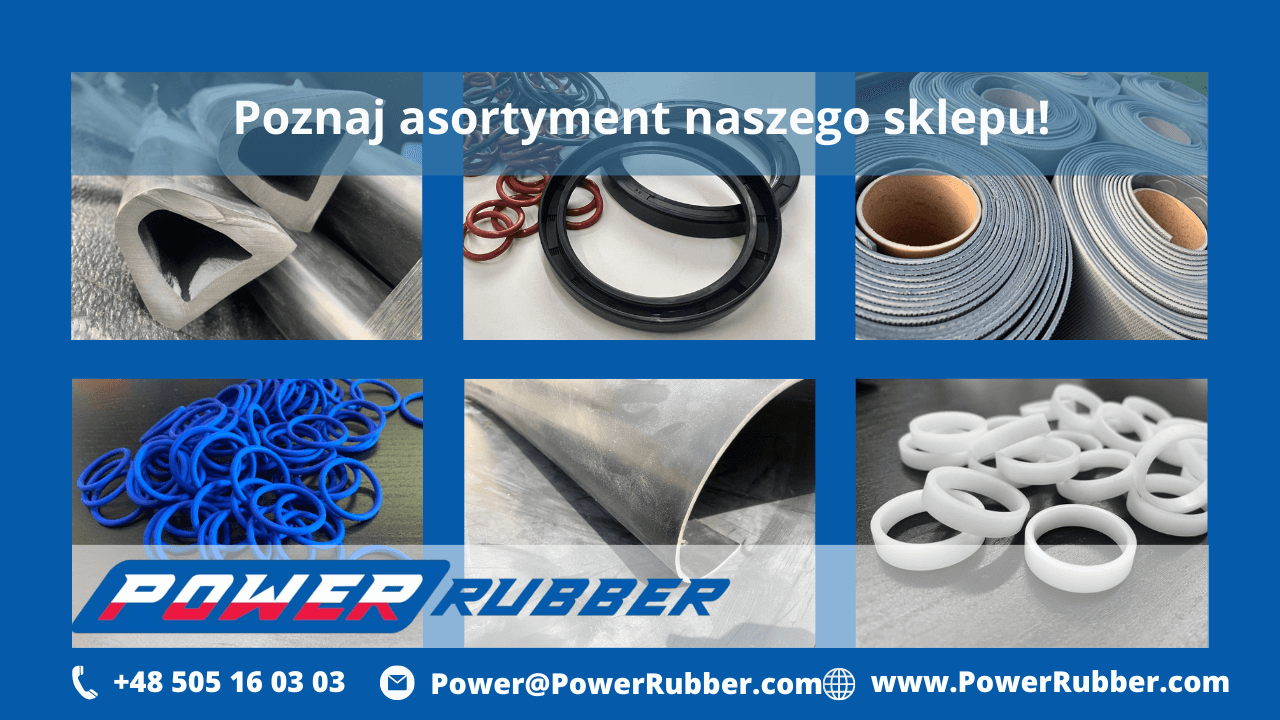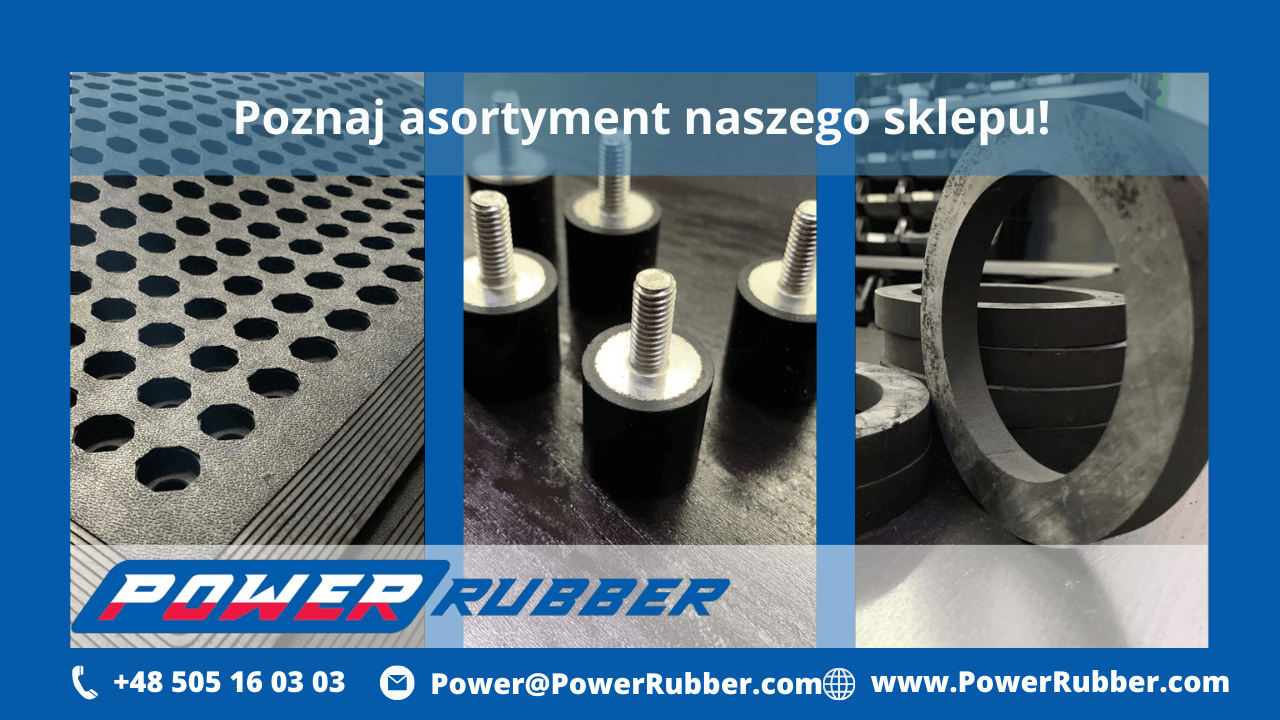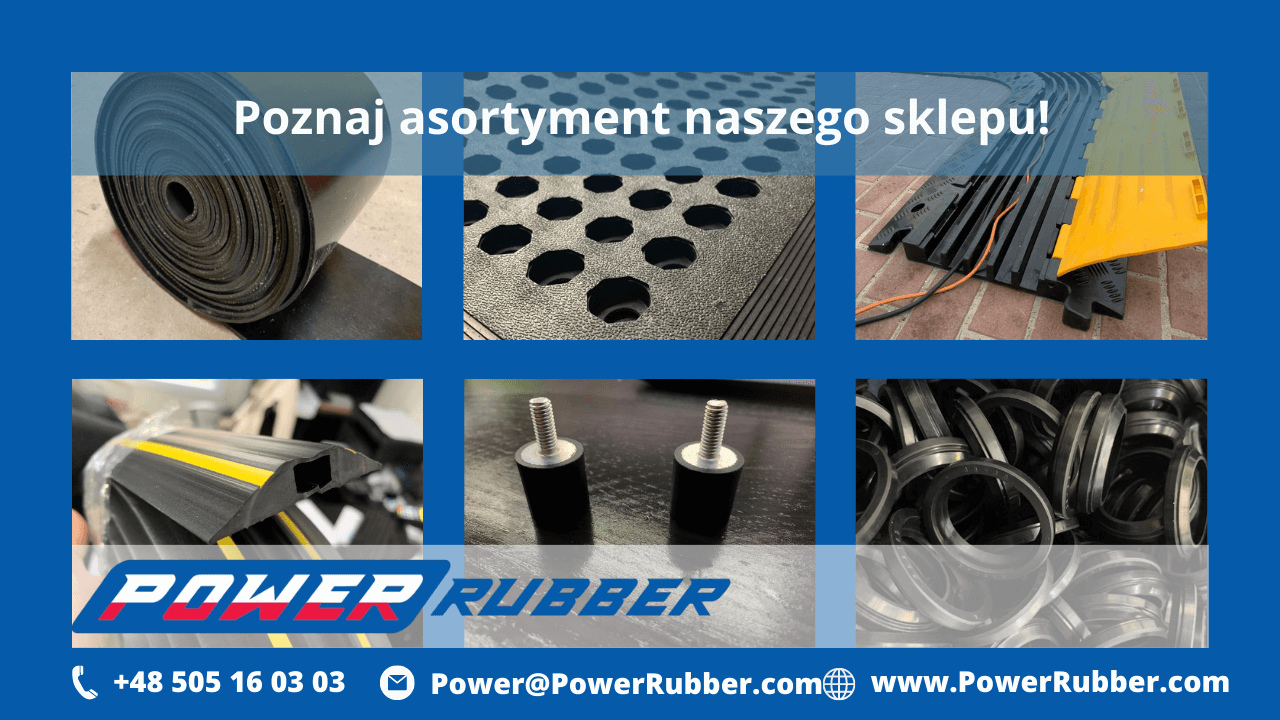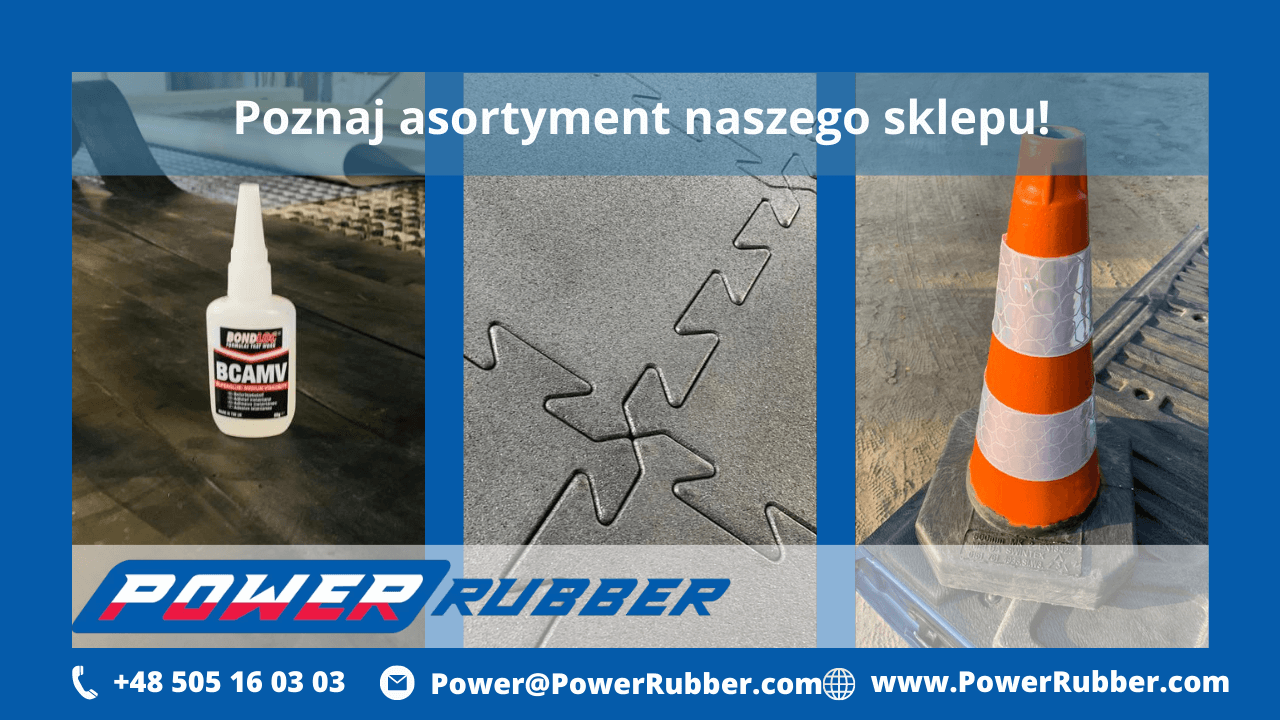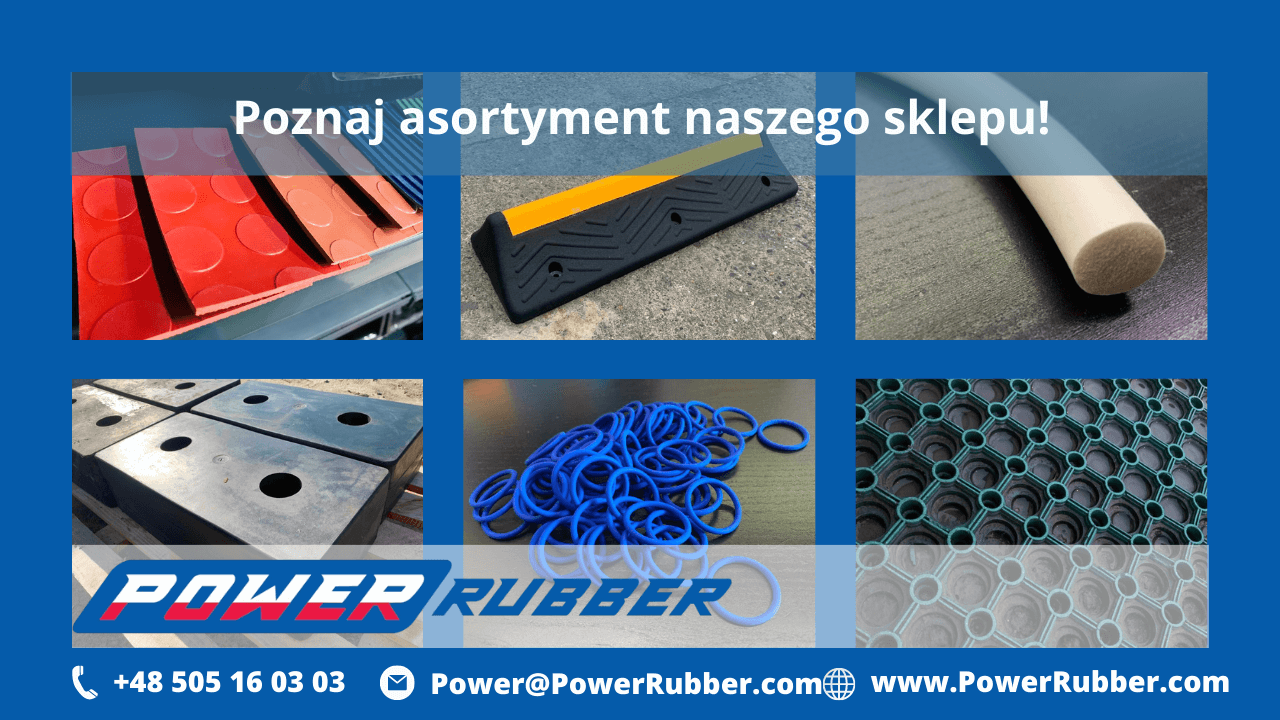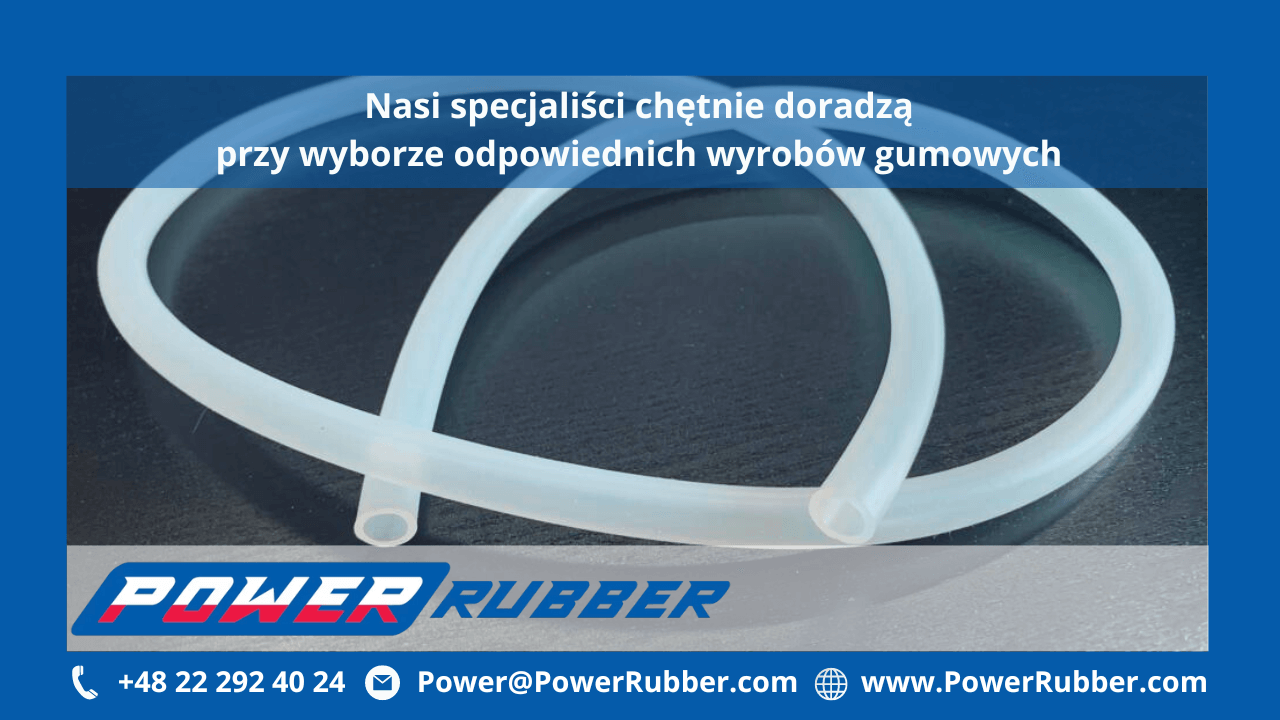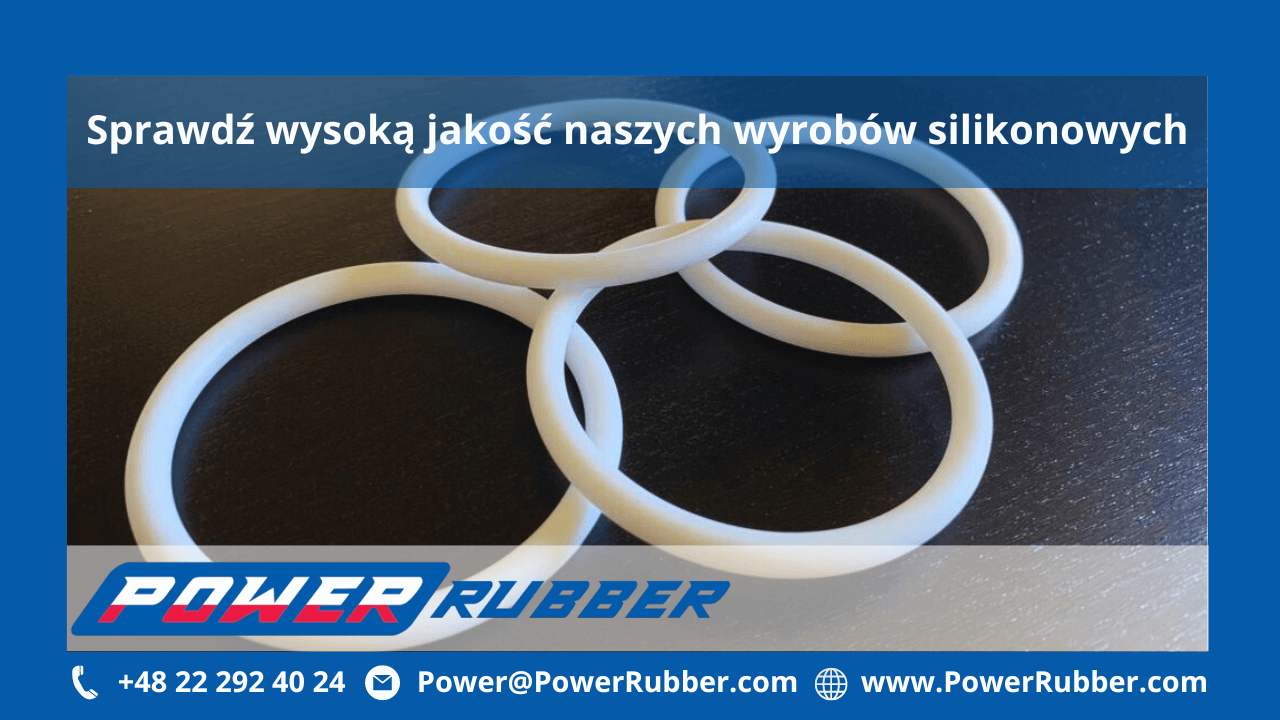Types of Silicone – A Properties Guide
Silicone rubber is a synthetic elastomer made from silicon, oxygen, carbon, and hydrogen. Known for its high heat resistance, durability, and non-toxic properties, silicone is widely used across various industries – from automotive to medical devices, construction, and food-grade applications.
How Is Silicone Rubber Made?
Silicone is manufactured by extracting silicon from silica and processing it through hydrocarbons. The silicon-oxygen bond is what gives silicone its thermal stability, flexibility over a wide temperature range, electrical insulation, and ozone resistance. Depending on its molecular structure, silicone can be tailored for different applications.
The main stages of silicone production include:
-
Extraction of silicon from silica
-
Mixing – silicone polymers are combined with fillers and additives to enhance properties like tear strength, elongation, and compression set resistance
-
Forming – shaping the silicone compound via extrusion, injection moulding, compression moulding, or calendaring
-
Curing – heat (HTV) or room temperature (RTV) curing to harden the shaped rubber
-
Finishing – surface treatments such as coating or waxing to improve durability and appearance
Silicone can be produced in various forms such as emulsions, oils, liquids, sealants, resins, greases, foams, gels, and solids.
Types of Silicone Rubber and Their Applications
Silicone rubber comes in several types based on its organic side groups:
-
MQ (methyl silicone rubbers) – basic silicone rubbers
-
VMQ (methyl vinyl silicone) – offers excellent compression resistance and is widely used due to vinyl’s curing benefits
-
PMQ (methyl phenyl silicone) – ideal for low-temperature performance
-
PVMQ (methyl phenyl vinyl silicone) – improved low-temperature flexibility
-
FVMQ (fluoro vinyl methyl silicone) – enhanced chemical resistance to oils, fuels, and solvents
Key Types of Silicone Rubber by Processing Method:
High Temperature Vulcanised Silicone Rubber (HTV Silicone)
HTV silicone is a high-viscosity, heat-cured elastomer. It's crosslinked using organic peroxides or platinum catalysts and requires high-pressure equipment for forming. HTV silicone is ideal for the automotive and aerospace industries, commonly used in seals, hoses, and cable insulation.
Room Temperature Vulcanised Silicone Rubber (RTV Silicone)
Curing at room temperature, RTV silicone is available in RTV-1 (single-component) and RTV-2 (two-component) systems. It’s easy to handle and can be moulded or extruded into complex shapes. It’s widely used for encapsulation, sealing, potting, adhesives, and low-temperature gaskets.
Liquid Silicone Rubber (LSR)
LSR is a low-viscosity, high-purity elastomer processed via extrusion or injection moulding. Its transparency, weather resistance, and mechanical strength make it ideal for medical devices, electronics, and food-grade applications such as dairy equipment and food processing seals. Due to its fast curing time, LSR is suitable for mass production.
High Consistency Rubber (HCR Silicone)
HCR silicone, also known as solid silicone rubber, is cured at high temperatures and features long polymer chains and high molecular weight. Known for outstanding performance in extreme temperatures and weather, HCR is perfect for injection moulding, extrusion, and applications in automotive, aerospace, and food manufacturing.
Key Applications of Silicone Rubber
Silicone’s unique combination of properties makes it suitable for countless use cases, including:
-
High-voltage insulators
-
Household products (e.g. door and lid gaskets)
-
Consumer goods (e.g. food storage containers, toys, personal care items)
-
Electronic components
-
Medical devices (e.g. heart pumps, defibrillators)
-
Silicone sealants
-
Construction (e.g. adhesives, sealants, protective coatings)
-
Aerospace adhesives
-
Automotive components (e.g. silicone hoses, gaskets)
-
Adhesives and glues
Key Properties of Silicone Rubber
Highly Flexible
Silicone maintains flexibility even at high temperatures. It stretches and returns to its original shape without permanent deformation.
Extreme Temperature Resistance
Silicone rubber withstands temperatures from -55°C to +300°C without losing its mechanical properties or undergoing significant degradation.
Low Compression Set
It retains its original shape after prolonged compression, making it ideal for long-term sealing applications.
Weather and UV Resistance
Silicone is highly resistant to UV radiation, ozone, and extreme weather conditions, making it suitable for both indoor and outdoor use.
Chemical Inertness
It’s non-reactive and resists many chemicals, including acids, alkalis, oils, and solvents.
Electrical Insulation
Silicone is a non-conductive material, offering excellent electrical insulation.
Biocompatibility
Silicone is odourless, tasteless, and safe for contact with biological tissues, resisting the growth of mould, fungi, and bacteria – ideal for medical and food-grade applications.
Fire Resistance
Silicone emits non-toxic combustion by-products and resists ignition, making it a safer choice for critical applications.
Water-Resistant
It’s impermeable to moisture, preventing corrosion and ensuring performance in wet or humid environments.
Low Gas Permeability
Silicone offers low permeability to gases, which is important for vacuum and containment applications.
Premium Silicone Products Available at Power Rubber
At Power Rubber, we supply high-quality silicone products designed for a wide range of industries and domestic applications. Our product range includes:
-
Silicone O-rings
-
Silicone sheets
-
Silicone cords
-
Silicone hoses and tubing
-
Silicone gaskets
Need help choosing the right silicone product? Contact us today at
+48 22 292 40 24 or +48 505 16 03 03,
or email us at Power@PowerRubber.com.
You can also use our contact form.
